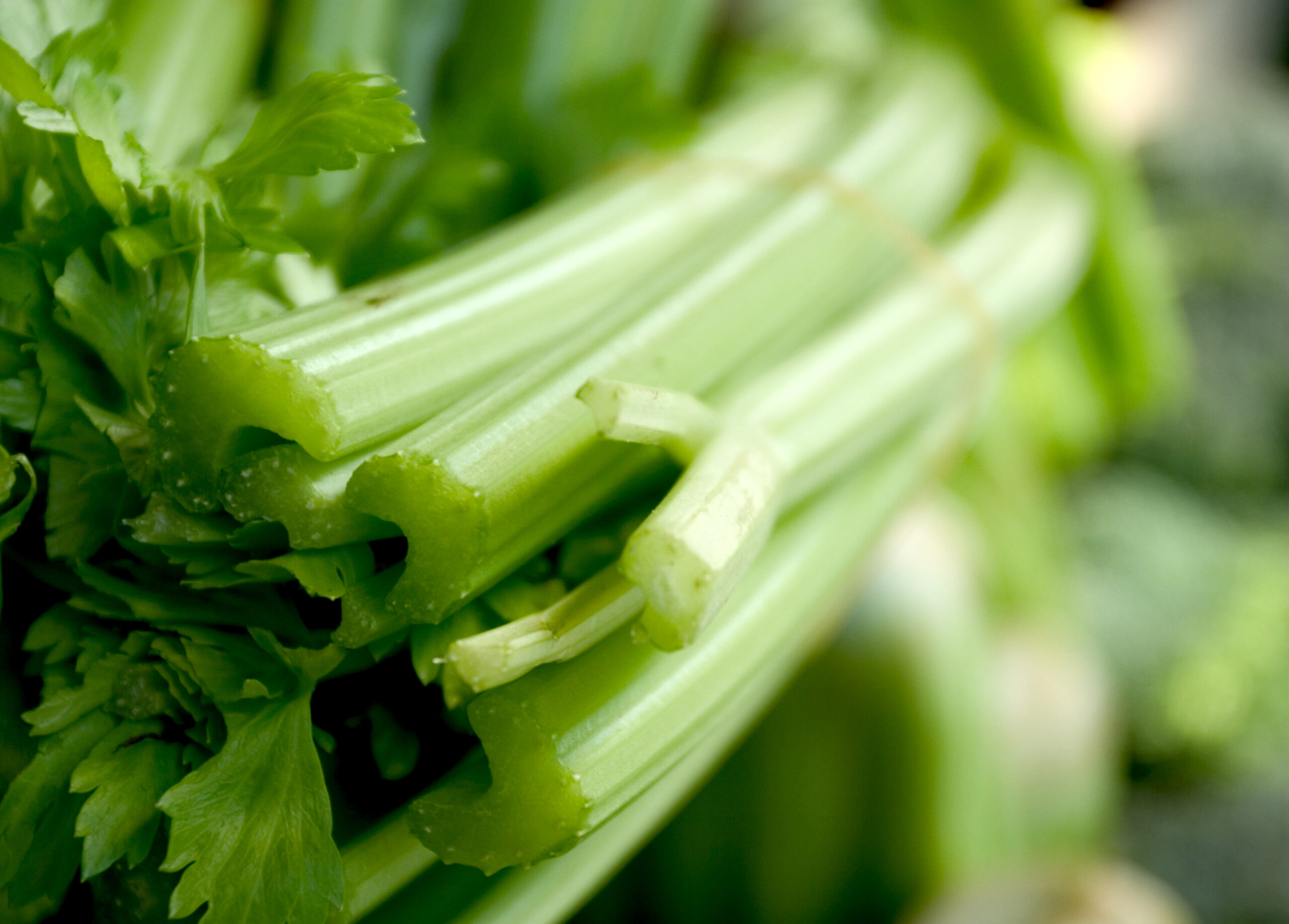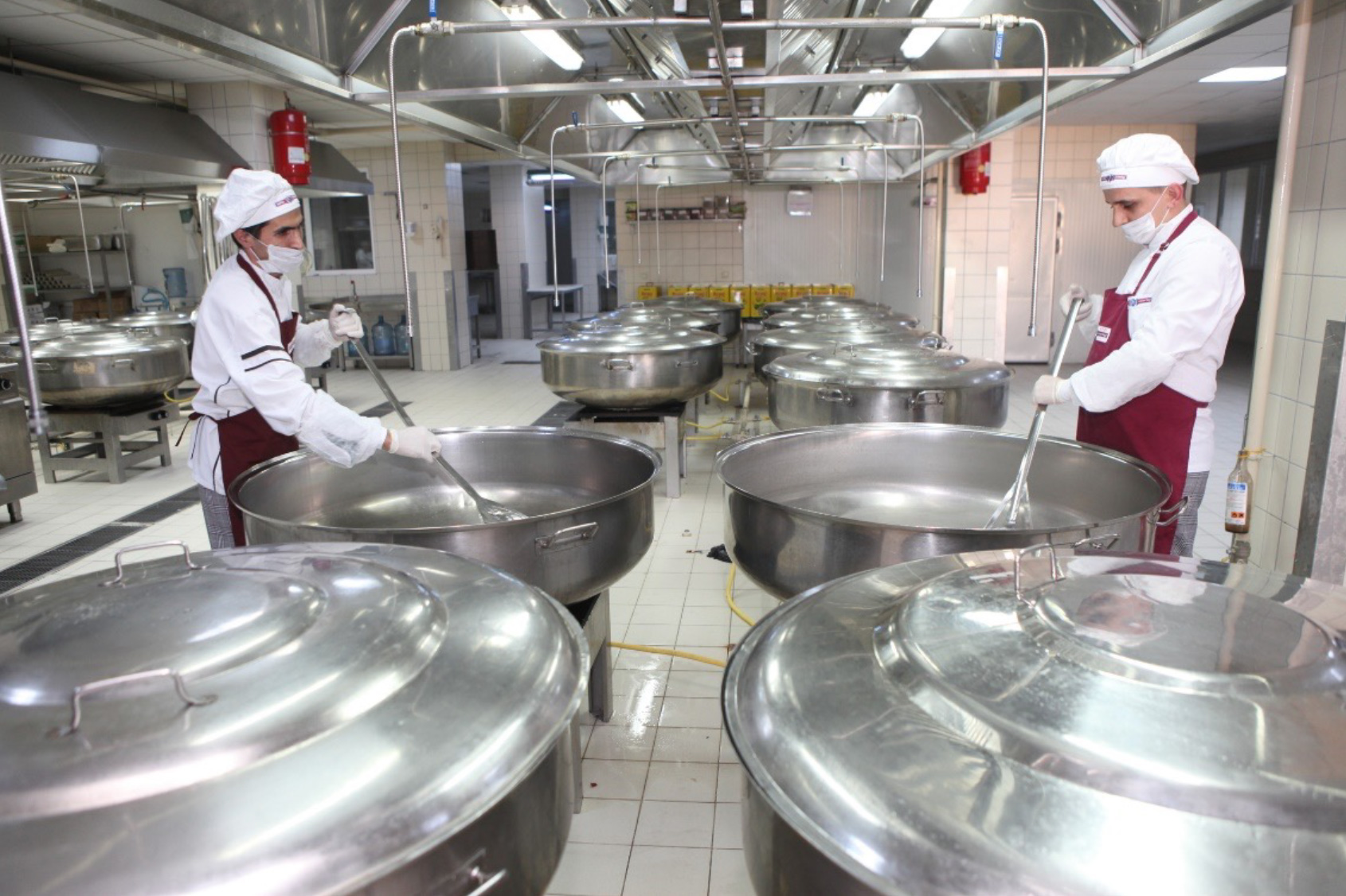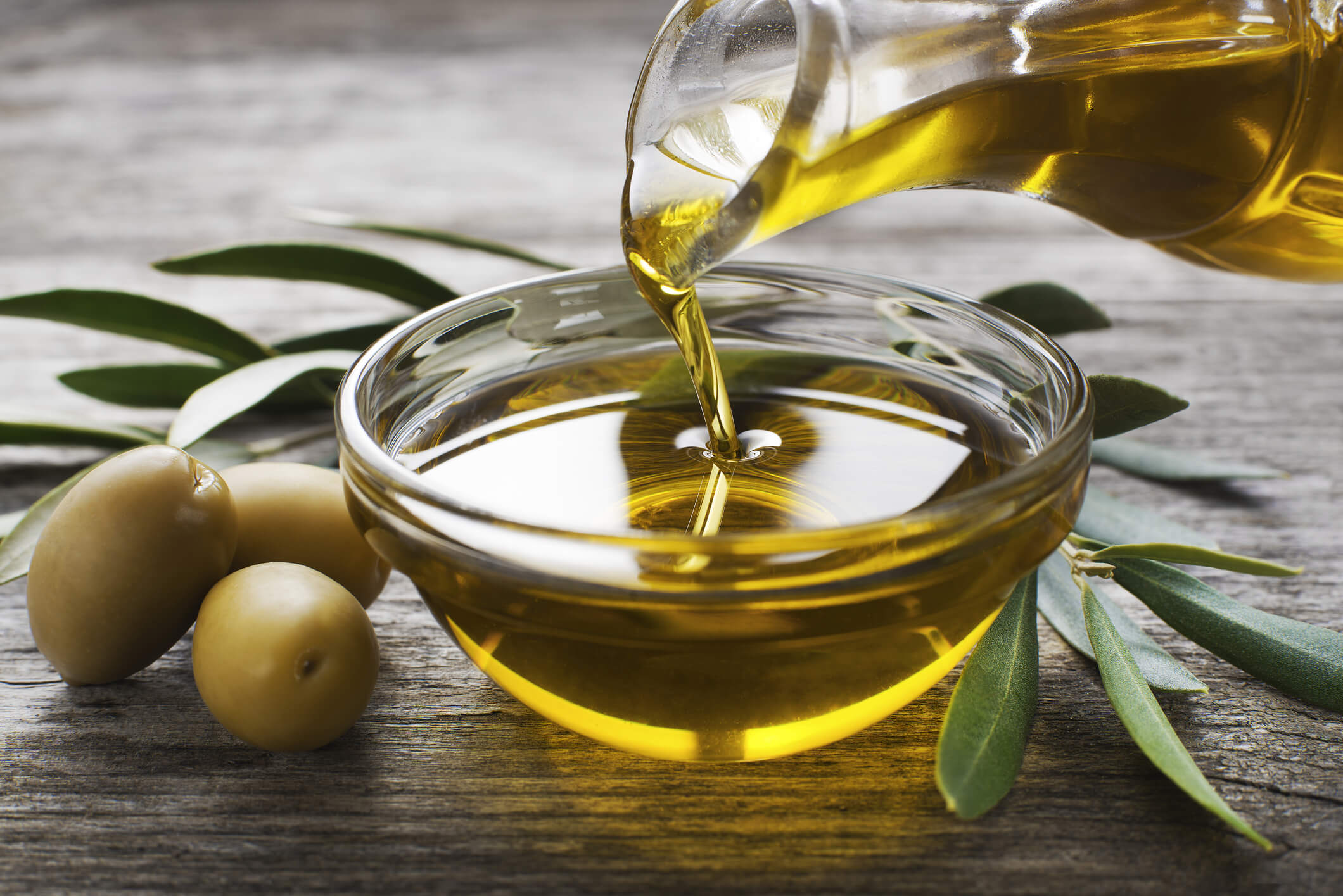CFIA’s New Mandatory PCP & Licensing Requirements for the Feed Sector
CFIA’s New Mandatory PCP & Licensing Requirements for the Feed Sector The Canadian Food Inspection Agency (CFIA) has officially entered the final implementation phase of the Feeds Regulations, 2024. As of December 17, 2025, it is now mandatory for all stakeholders involved in the Canadian feed supply chain—including manufacturers, storers, packagers, labellers, sellers, and exporters—to: Prepare, implement, and maintain a Preventive Control Plan (PCP) Obtain a CFIA feed license appropriate to their activities These requirements apply to domestic and international companies that manufacture or move feed into the Canadian marketplace. This milestone marks one of the most significant [...]











